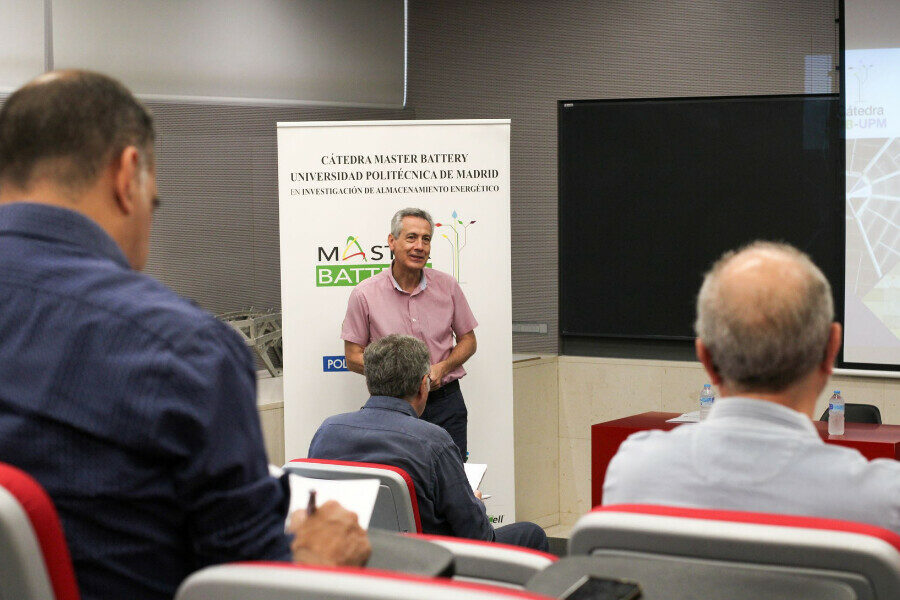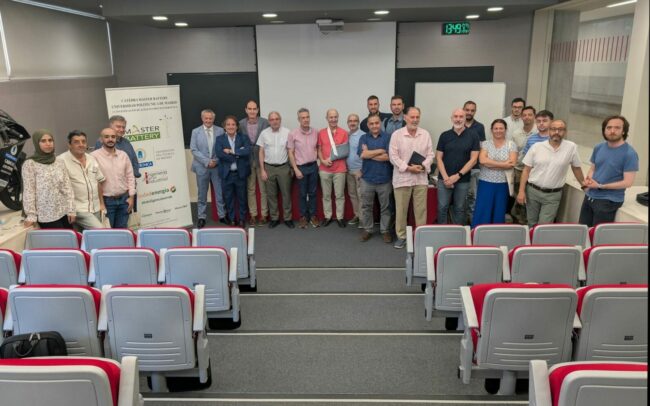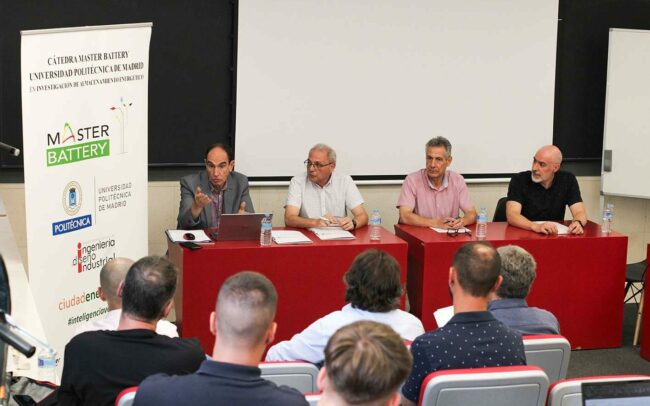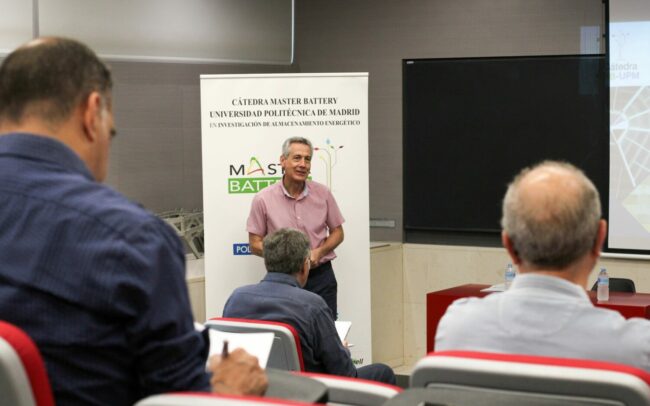IMDEA Energy takes part in the First Technical Seminar of the Master Battery – UPM Chair
On July 8, the first technical workshop organized by the Master Battery – UPM Chair took place at the Higher Technical School of Industrial Engineering and Design (ETSIDI) of the Polytechnic University of Madrid, under the title “Contribution of BESS Battery Storage to the Flexibility and Resilience of the Power Grid.” The event brought together professionals and researchers from academia, industry, and institutional sectors to analyze the role of Battery Energy Storage Systems (BESS) in an energy system increasingly dependent on renewable sources.
During the opening, ETSIDI Director Francisco Santos highlighted the importance of this Chair as a bridge between technical education and applied research in storage technologies. Meanwhile, Master Battery CEO Juan Carlos Hernández emphasized the value of this collaboration with the university as a driving force for advancing key industrial solutions for the energy transition.
The Chair Director, Julio Amador Guerra, professor at ETSIDI, opened the session of presentations by explaining the objectives of the event, introducing the participants, and reviewing the Chair’s history and main lines of work.
Alberto Abánades, Professor of Energy Engineering at UPM, focused his presentation on explaining why storage is key to the energy transition, emphasizing that “it is the only way to match intermittent and variable generation with a demand determined by society’s activity.”
Next, Jesús Palma, Senior Researcher and Head of the Electrochemical Processes Unit at IMDEA Energy, delivered a talk focused on the architecture of BESS systems, their performance over the lifecycle, and the implications of their degradation. He emphasized that “the performance of these systems is directly conditioned by battery behavior, whose degradation depends on factors such as operating conditions and the passage of time, even when not in use.”
He also addressed the need to evaluate the reuse or recycling of batteries once they reach a significant loss of capacity. In this context, he noted that battery recycling is mandatory in the European Union, although its economic viability largely depends on the value of the recovered materials.
Following this, Marcos Lafoz, researcher at CIEMAT, focused his presentation on the integration of BESS into the power grid and their role in improving flexibility. He analyzed the different possible configurations and explained the grid-following and grid-forming modes of operation, differentiating their functions within the electrical system.
The workshop concluded with a roundtable discussion on the main technical, regulatory, and economic challenges of large-scale energy storage deployment. Participants agreed on the need to promote advanced control strategies, adapted regulatory frameworks, and new business models that facilitate the integration of BESS into an increasingly flexible, decentralized, and competitive electricity market. Topics such as safety, technological standardization, and the role of European industry in driving these solutions were also addressed.
IMDEA Energy’s participation in this technical workshop provided an opportunity to share knowledge and experience in a field crucial to the energy transition. Events like this help strengthen collaboration between research centers, universities, and industry, and collectively advance the development of real solutions for a safer and more sustainable energy system.

